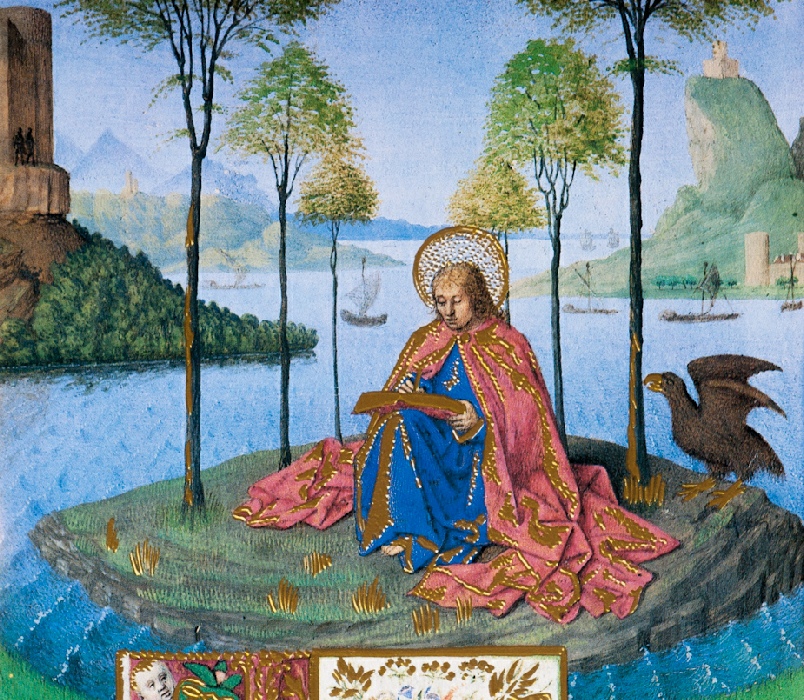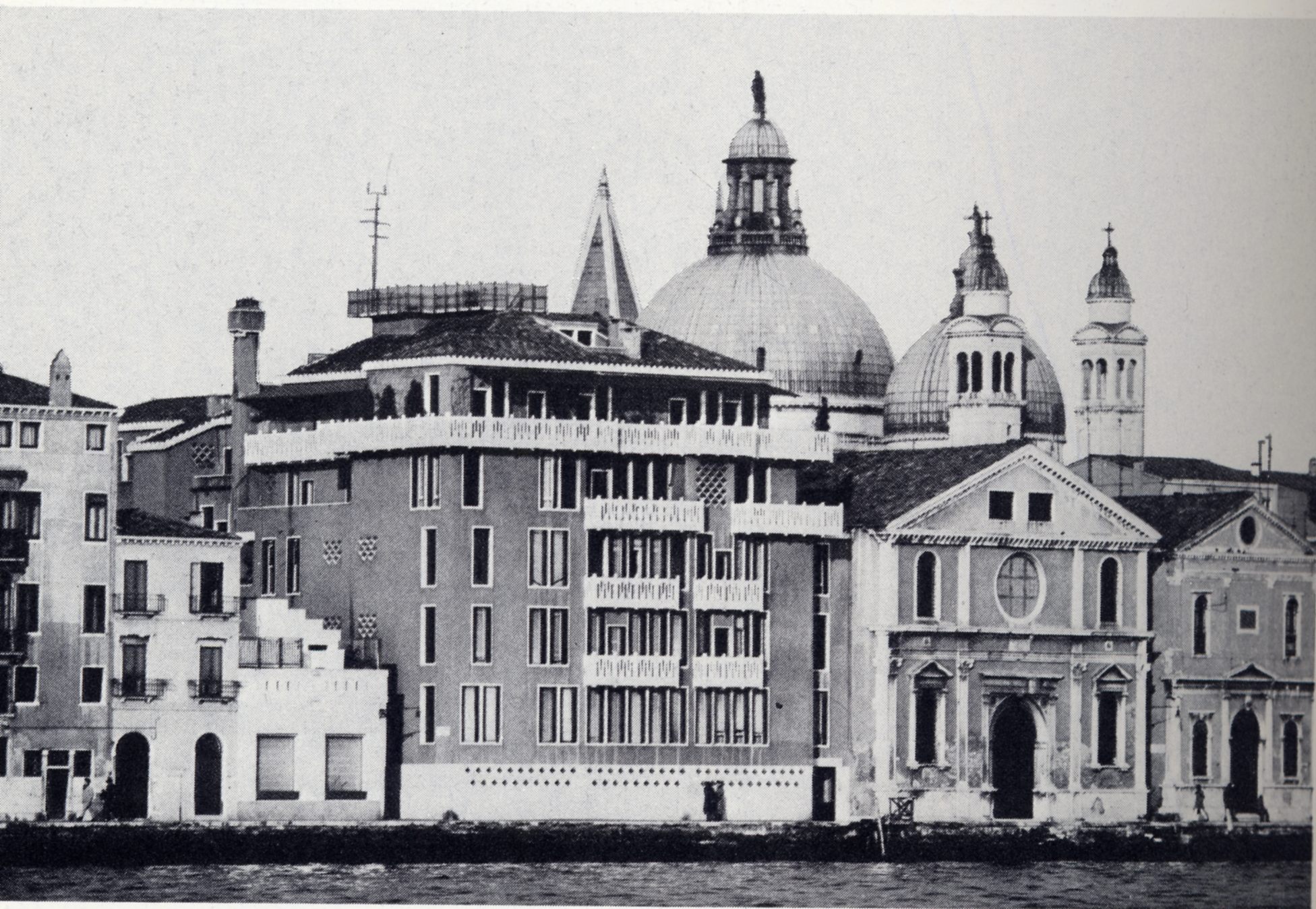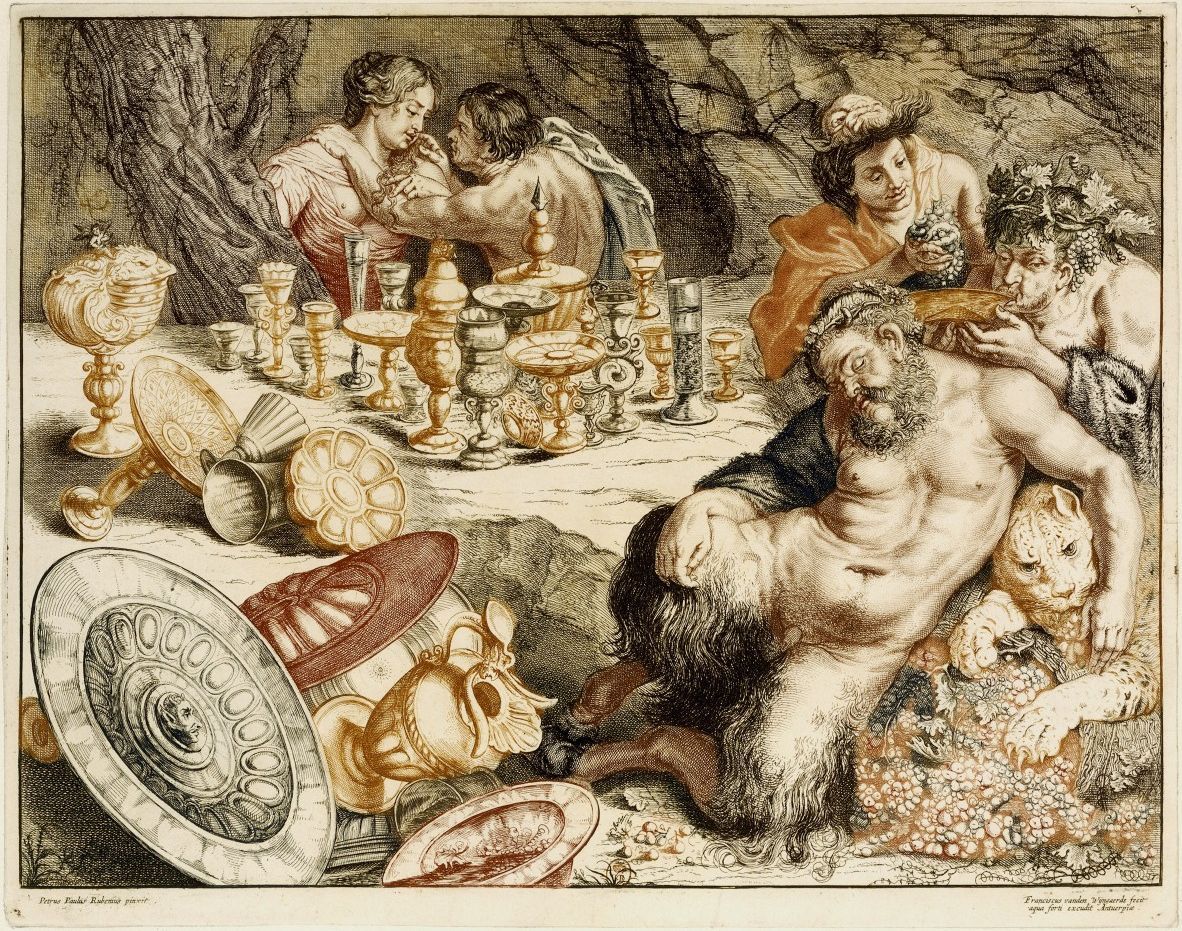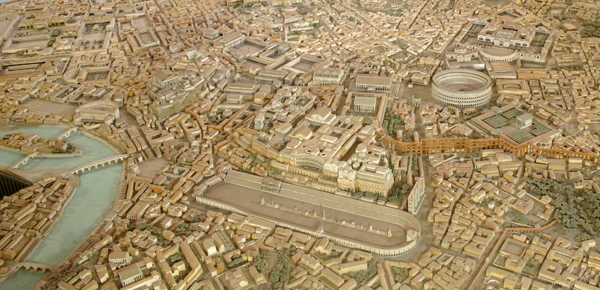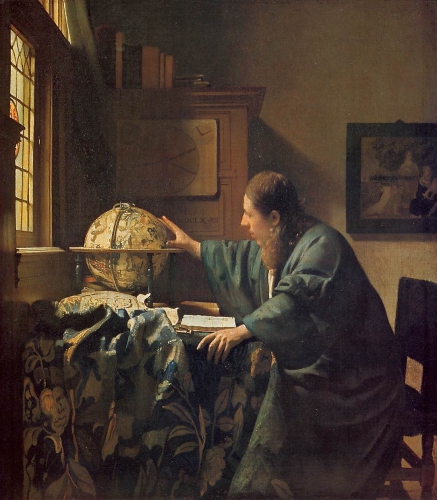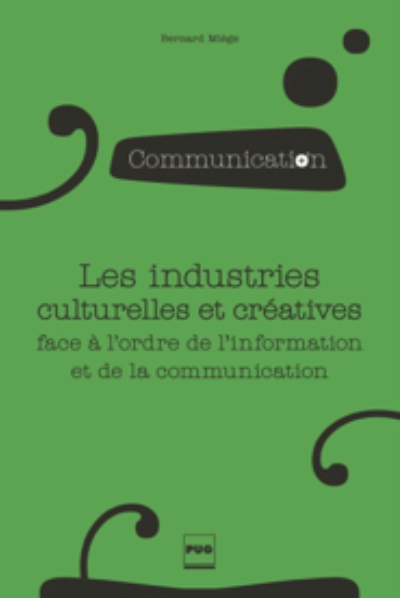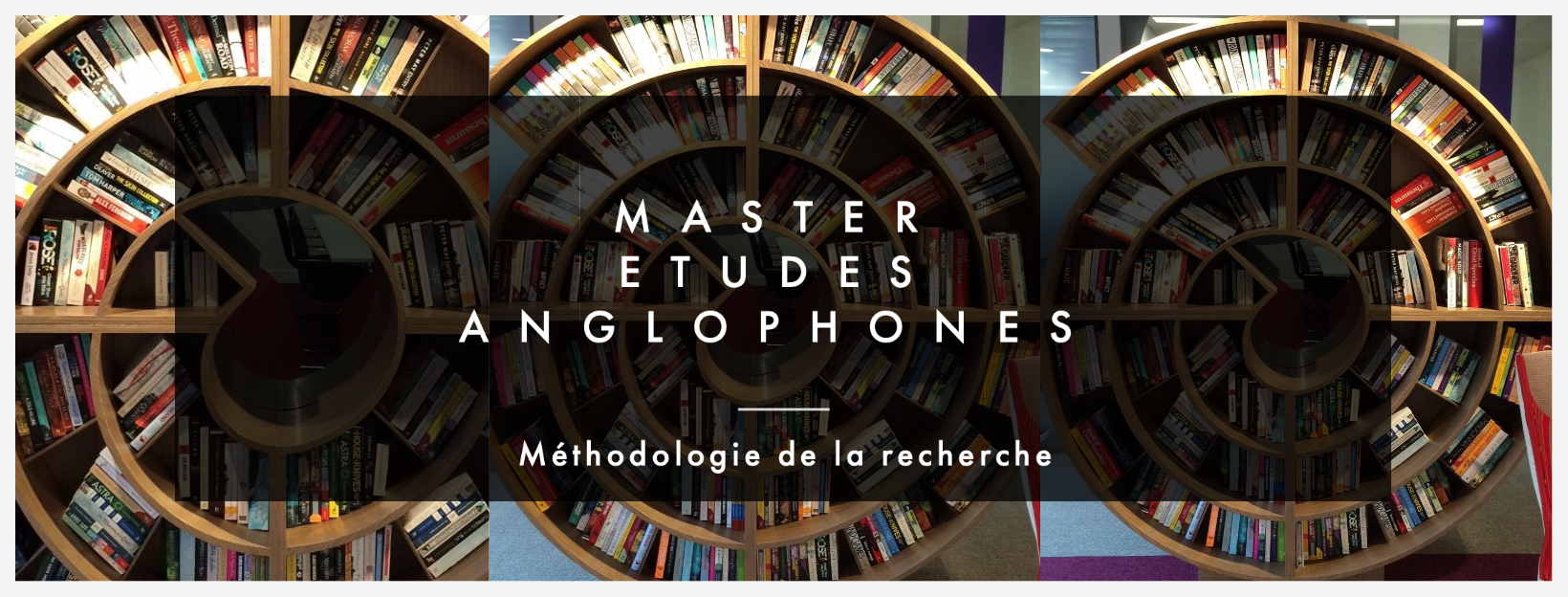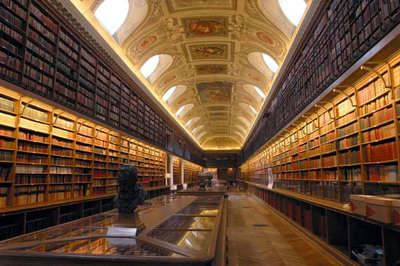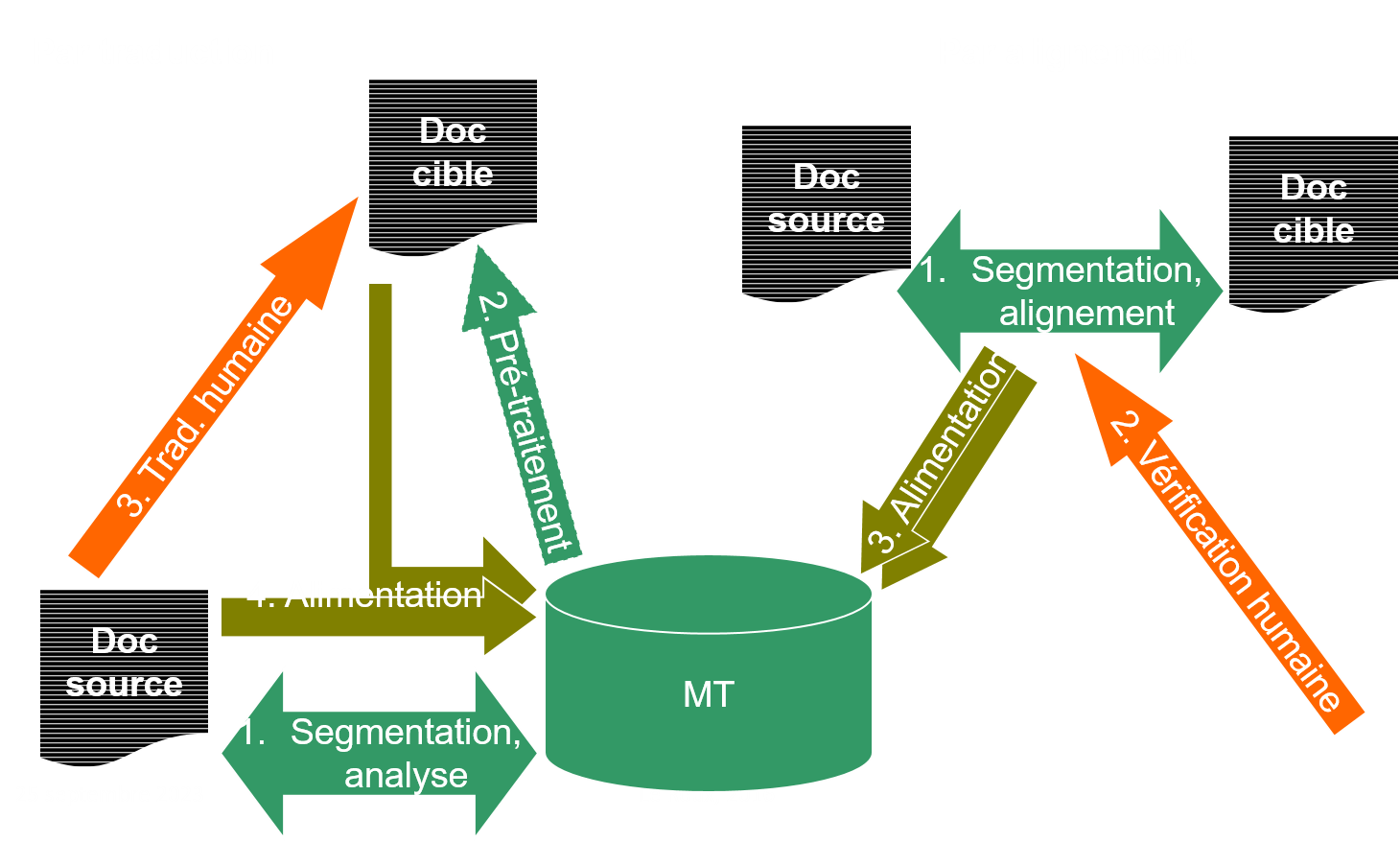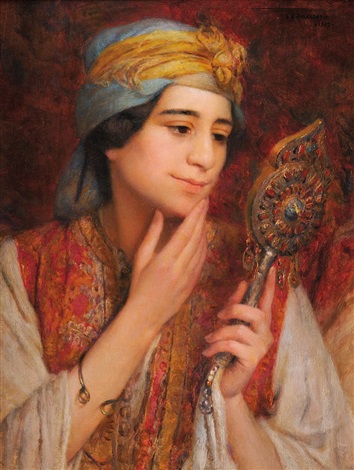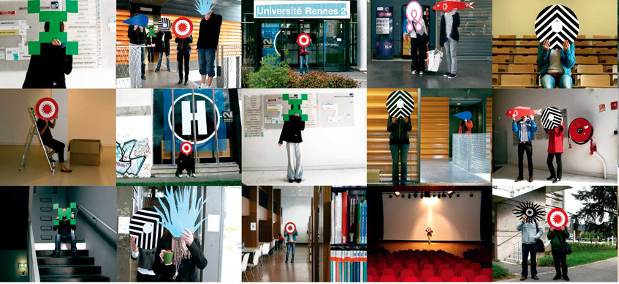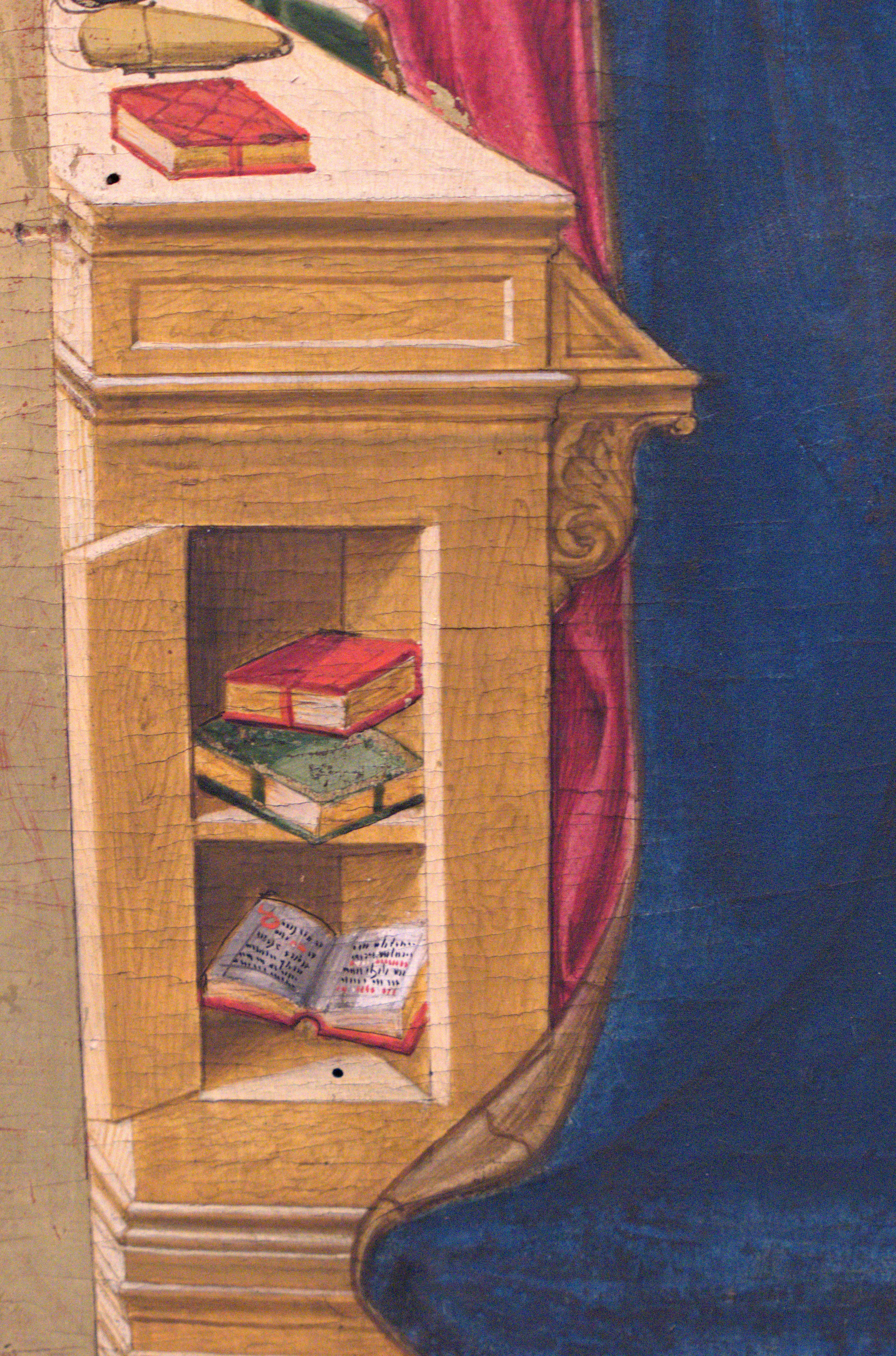Une histoire croisée de l’engagement critique après 1945
Recherche thématique organisée dans les collections des Archives de la critique d'art, dans le cadre du séminaire « Histoire de l’art contemporain », avec la participation des étudiant.e.s en deuxième année du Master Recherche (parcours « Histoire et critique des arts » et « Histoire, théorie et critique de l'architecture ») de l’université Rennes 2. Responsable : Antje Kramer-Mallordy.
En partant de l’amitié qui a lié Michel Ragon et Pierre Restany, deux figures incontournables du champ critique du XXe siècle, le séminaire est l’occasion de lier les fils de deux carrières intellectuelles que ce soit sur le plan de leurs objets et passions (l’art moderne, les avant-gardes, l’architecture), de leurs modes d’actions (publications, manifestations, voyages etc.) ou de leurs réseaux. Baliser, par le biais de l’amitié, une histoire croisée de la critique engagée qui a été façonnée par une nouvelle génération de critiques qui se sont imposés dans les années 1950 et 1960. On sera particulièrement attentif aux motifs de l’ethos de l’engagement intellectuel tels qu’ils transparaissent dans les sources primaires.

